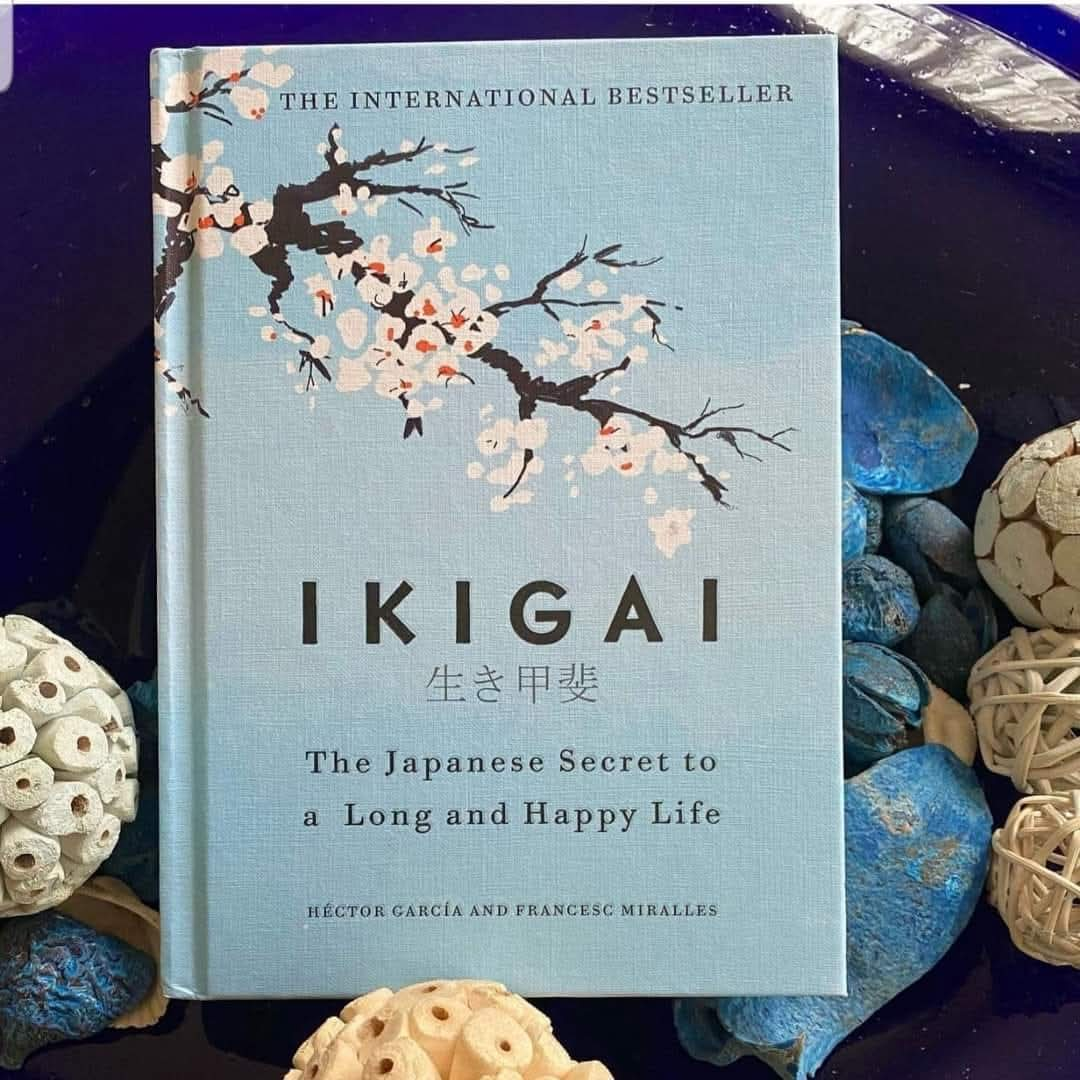Title: The Verdict of Death
Author: Onduko bw’ Atebe
Publisher: East African Educational Publishers
Reviewer: Samson Kirui
From time immemorial, the prison has remained a dreaded place. Even as the government seeks to change the perception, nothing can make centers better.
As echoed by the title, The Verdict of Death expounds on judgment over someone. Believe me, you have to read in between the lines to unravel the mystery behind the sad title.
The text appreciates the contemporary setting of the novel and facsimiles the absolutely and irrefutably deranging conditions in the country’s prisons.
It paints a system that subjects human beings to treatment and conditions that are demeaning and dehumanizing.
In his book, Onduko peels off the mask of a corrupt and treacherous judiciary that acts and judges on the whims of their stomachs.
The novel undulates around the protagonist Morii Matano who happens to be a victim of love gone askew. The story opens with prisoners being rushed to jail and succinct descriptions of the appalling details of brutality at the zenith.
Through the peerless use of sordid imagery, Onduko immerses readers into a world that looks like a movie. The text can be corroborated by the plethora of prison novels and autobiographies from Kenya’s prison writers.
In flashbacks and flash-forwards, the writer uses retrospection and stream of consciousness to indulge readers into the flashy lifestyles led by the flight attendants.
Palpably, Morii has been working for the continental airlines up to and until his subsequent incarceration and eventual imprisonment.
The writer conflates the events narratively that all the details unfold at the same time, transposing from past to the present concomitantly.
Through this, we savor the illicit relationship between Morii and Amina. Albeit, Morii being married to Susan and having two kids.
Encased in love web, is Simon Mutua, a security officer who happens to have fallen deeply in love with Amina, the female goddess of the text.
In a hurricane of events, Mutua goes out of his way to woo Amina to love him by buying her expensive gifts which included a smartphone. He even dared to buy a sports car.
On the other hand, Morii takes advantage of his position and circle of friends to manipulate the working schedule with the quest to quench his urge of staying close to Amina.
Eventually, Morii conquers the ready heart of Amina. They cement their feelings for each other in London as they traverse the country visiting Morii’s aunt and sampling delicacies at Ling Ying’s, Chinese restaurant.
Mutua the forsaken lover connives and implicates Morii on the theft of a passenger’s wallet and the rest remain as history.
Morii is incarcerated and sentenced to seventeen months imprisonment. In prison, we learn the stories of similar characters like Osuka who have been unlawfully implicated to waste their lives in prison owing to disagreements with either business partners or rather suspicious circumstances.
Through Onduko’s vivid description, we learn the demeaning prison environment pregnant for violence. The once soft-spoken Morii develops passionate hatred for his tormentors and passes the death verdict vowing to kill everyone who has lent a hand in his turmoil.
Significantly, the text underscores the question of crime, punishment, and indicts all of us for abdicating our social responsibility in one way or the other.
As I recommend this text for other readers, I would like you to critically examine whether Morii’s verdict of death is warranted.






